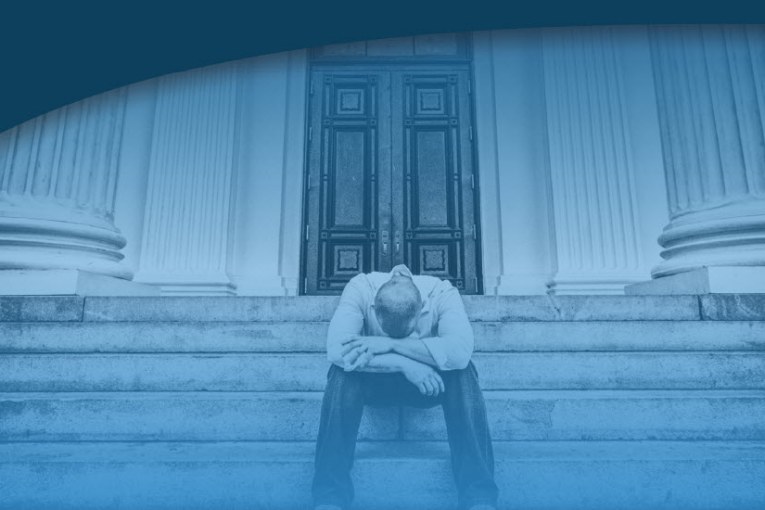

California will no longer suspend low-income motorists’ licenses because they can’t afford to pay minor traffic tickets
(From Press Release)–Tuesday, Governor Brown approved the state’s $183.2 billion budget, which included funding to end the harmful and ineffective practice of suspending someone’s driver’s license because they can’t afford to pay a minor traffic ticket. Advocates applauded the move, citing the disparate impact license suspensions have on low-income people of color.
“License suspensions and arrests for failure to pay traffic citations have created modern day debtor’s prisons in California,” said Brittany Stonesifer, Staff Attorney with Legal Services for Prisoners with Children. “Unable to pay their citations, people already struggling to make ends meet are saddled with debt through an unjust process that fuels unemployment and feeds into mass incarceration.”
California has the highest traffic fines and fees in the country–often costing nearly $500 for just one violation. That is an insurmountable burden for many Californians. The resulting driver’s license suspensions have forced people into a vicious cycle of debt and poverty that can be difficult to break.
A 2015 report, Not Just a Ferguson Problem: How Traffic Courts Drive Inequality in California, details how California has suspended over 4.2 million drivers’ licenses simply because people  could not afford to pay an infraction ticket or failed to appear in court. Currently, a ticket in California for an infraction – such as a broken tail light, expired tags, or bus fare evasion – can ultimately lead to a suspended driver’s license if someone does not pay or make their court appearance.
could not afford to pay an infraction ticket or failed to appear in court. Currently, a ticket in California for an infraction – such as a broken tail light, expired tags, or bus fare evasion – can ultimately lead to a suspended driver’s license if someone does not pay or make their court appearance.
“No one should lose their freedom, job, or be torn from their families and communities because they live in poverty,” said Mike Herald, Director of Policy Advocacy with the Western Center on Law and Poverty. “With 78 percent of Californians driving to work, a license suspension makes it nearly impossible for some to earn the wages needed to pay the ticket, which can result in arrest and job loss.”
According to a survey by the U.S. Federal Reserve, 46 percent of Americans do not have the financial resources to pay $400 for an emergency expense without having to sell something or borrow money. Moreover, advocates point to a recent report, Stopped, Fined, Arrested – Racial Bias in Policing and Traffic Courts in California, highlighting that driver’s license suspensions for failures to appear or pay a ticket disproportionately harm indigent individuals and people of color.
“Relying on excessive ticketing of black and brown people to fund government functions is an immoral practice that must be abolished,” said Elisa Della-Piana, Legal Director of the Lawyers’ Committee for Civil Rights of the San Francisco Bay Area. “Our justice system was intended to do just that: deliver on its promise of justice – not use law enforcement as debt collection agents.”
By ending the harmful practice of using license suspension to force low-income people to pay for expensive tickets, the state’s new budget will help many Californians keep their jobs and stay out of jail. Advocates praise this important move, but continue to urge lawmakers to adopt meaningful and long-term solutions to address the other serious problems that still exist in California’s traffic court debt system, like making fines fairer. Currently, lawmakers are considering SB 185 (Hertzberg), a bill that would require courts to evaluate someone’s ability to pay a fine, to reduce a fine by 80 percent and dismiss any remaining debt after four years if a defendant is very low-income, and to more clearly notify people of their rights in traffic court.
